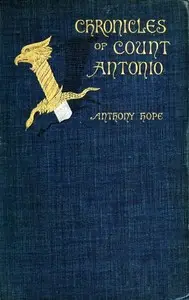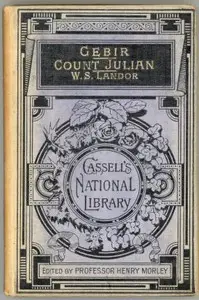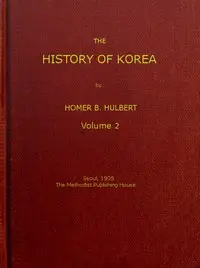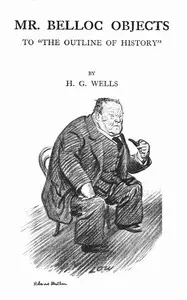"Count Julian" by Walter Savage Landor is a sorrowful play that plunges into the heart of a Spain torn apart by betrayal and revenge. The story centers on Count Julian, a man burdened by the weight of his decisions and the tragedy that has befallen his daughter, Covilla. His deep anguish and thirst for vengeance against King Roderigo, who he believes is responsible, sets the stage for conflict filled with pain. The tense discussions between Julian and Opas, the Metropolitan of Seville, showcase Julian grappling with loyalty, honor, and the consequences of his choices, highlighting his internal battle and the play's themes of duty and justice during a time of war.

Count Julian
By Walter Savage Landor
Driven by a father's heartbreak and a kingdom's strife, a nobleman seeks retribution for his daughter's suffering, sparking a chain of events that will forever alter the destiny of his nation.
Summary
About the AuthorWalter Savage Landor was an English writer, poet, and activist. His best known works were the prose Imaginary Conversations, and the poem "Rose Aylmer," but the critical acclaim he received from contemporary poets and reviewers was not matched by public popularity. As remarkable as his work was, it was equalled by his rumbustious character and lively temperament. Both his writing and political activism, such as his support for Lajos Kossuth and Giuseppe Garibaldi, were imbued with his passion for liberal and republican causes. He befriended and influenced the next generation of literary reformers such as Charles Dickens and Robert Browning.
Walter Savage Landor was an English writer, poet, and activist. His best known works were the prose Imaginary Conversations, and the poem "Rose Aylmer," but the critical acclaim he received from contemporary poets and reviewers was not matched by public popularity. As remarkable as his work was, it was equalled by his rumbustious character and lively temperament. Both his writing and political activism, such as his support for Lajos Kossuth and Giuseppe Garibaldi, were imbued with his passion for liberal and republican causes. He befriended and influenced the next generation of literary reformers such as Charles Dickens and Robert Browning.

















